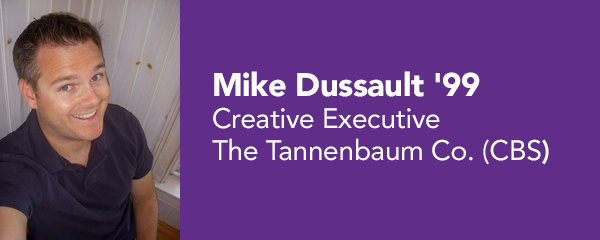
Meet Rebecca Stanton’18 Research Assistant Intern at The National Center on Addiction and Substance Abuse
Tell us about where you are interning and the kind of work you are doing.
My internship is held in New York City at The National Center on Addiction and Substance Abuse. My tasks mainly involve conducting extensive research and literature review for one of the organization’s on-going reports. This report is on early prevention programs and my job is to research and analyze the effectiveness of current programs and write overviews. These overviews will be analyzed and referenced in the report. Also, I am completing data entry for a report that will evaluate each state’s insurance coverage for substance use services. Additionally, I have been given the opportunity to write a blog post on opioid addiction and the elderly. Therefore, I have been researching the most recent data on this topic and its significance.
Give us an example of how you have applied your academic learnings to your internship?
As a psychology major, I have taken a substantial number of courses on mental health and courses that reference addiction. Therefore, I understand the majority of terms that are being used at the National Center on Addiction and Substance Abuse and the organization’s mission statement. In my courses, psychology and others, I have conducted research and written research papers. At my internship, I have been using these writing and research skills that I have developed from my courses and help from my professors. For example, I have used my background knowledge of Psychology Statistics to evaluate studies and understand to what extent they are effective.
What has surprised you about being an intern?
The most surprising aspect of being an intern is how much responsibility I have been given. Before starting the internship, I expected that I would be writing and researching, but what I did not expect was the extent to which I felt part of a team. I frequently have meetings with my supervisors and research associates about the on-goings reports and find that my tasks are valued and appreciated.
How did this experience influence or connect to your future career plans / goals?
I plan to go into the healthcare sector, specifically as a Nurse Practitioner, and my experience thus far has reaffirmed my plans. What I have learned from my internship is the prevalence of addiction and the responsibility that healthcare professionals share in tackling this problem. From the extensive research I have done, I now have a better understanding of what influence I could potentially have in minimizing addiction.
Any internship advice to pass on to other Holy Cross students?
For students interested in an internship, the best advice I can give is to be open-minded. There are going to be things that you find to be exciting and intriguing and others that you find to be tedious. However, an internship is meant to be a learning experience and there is always something you can take away from it.



